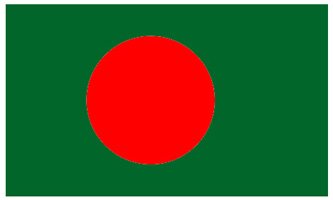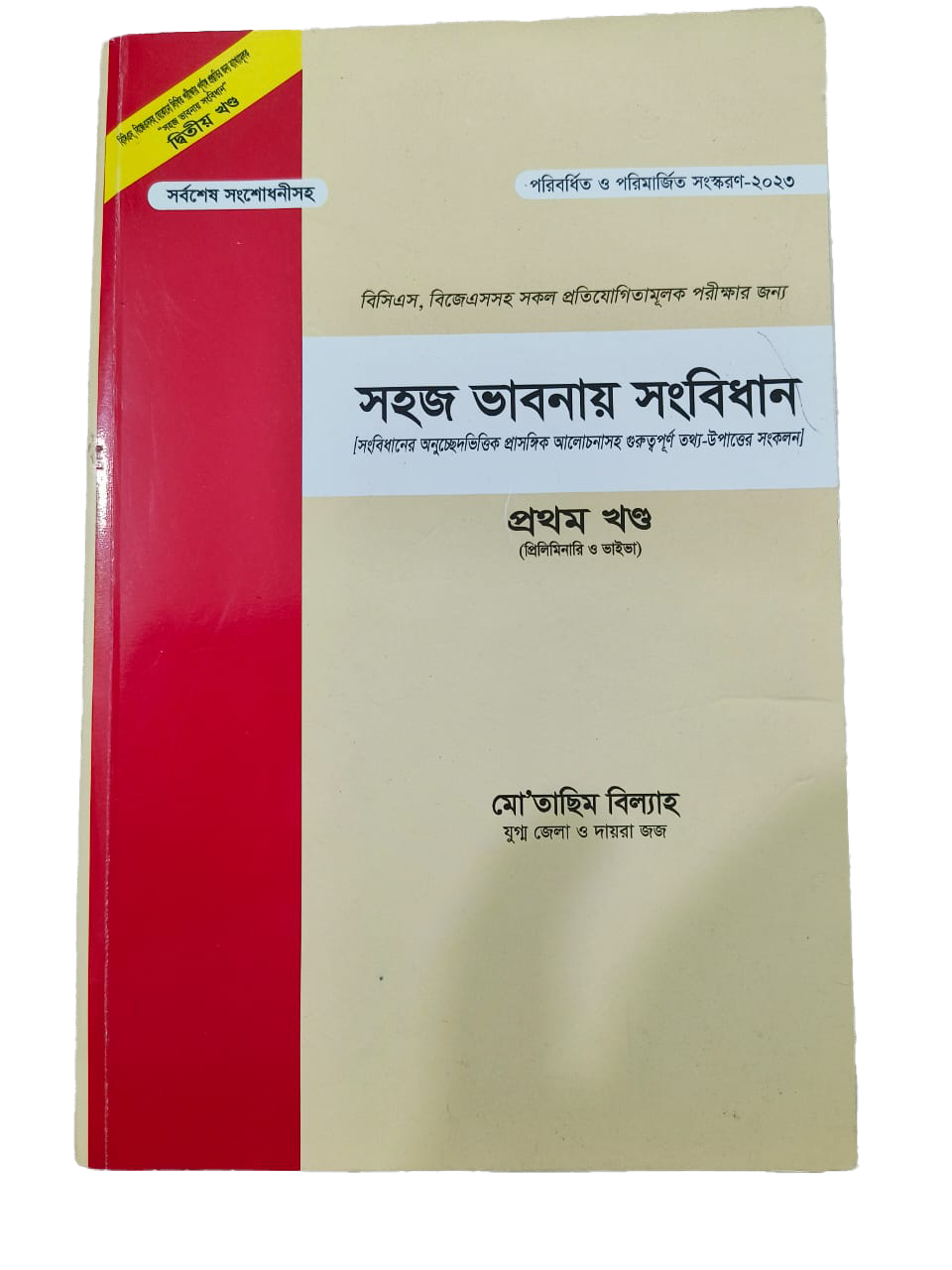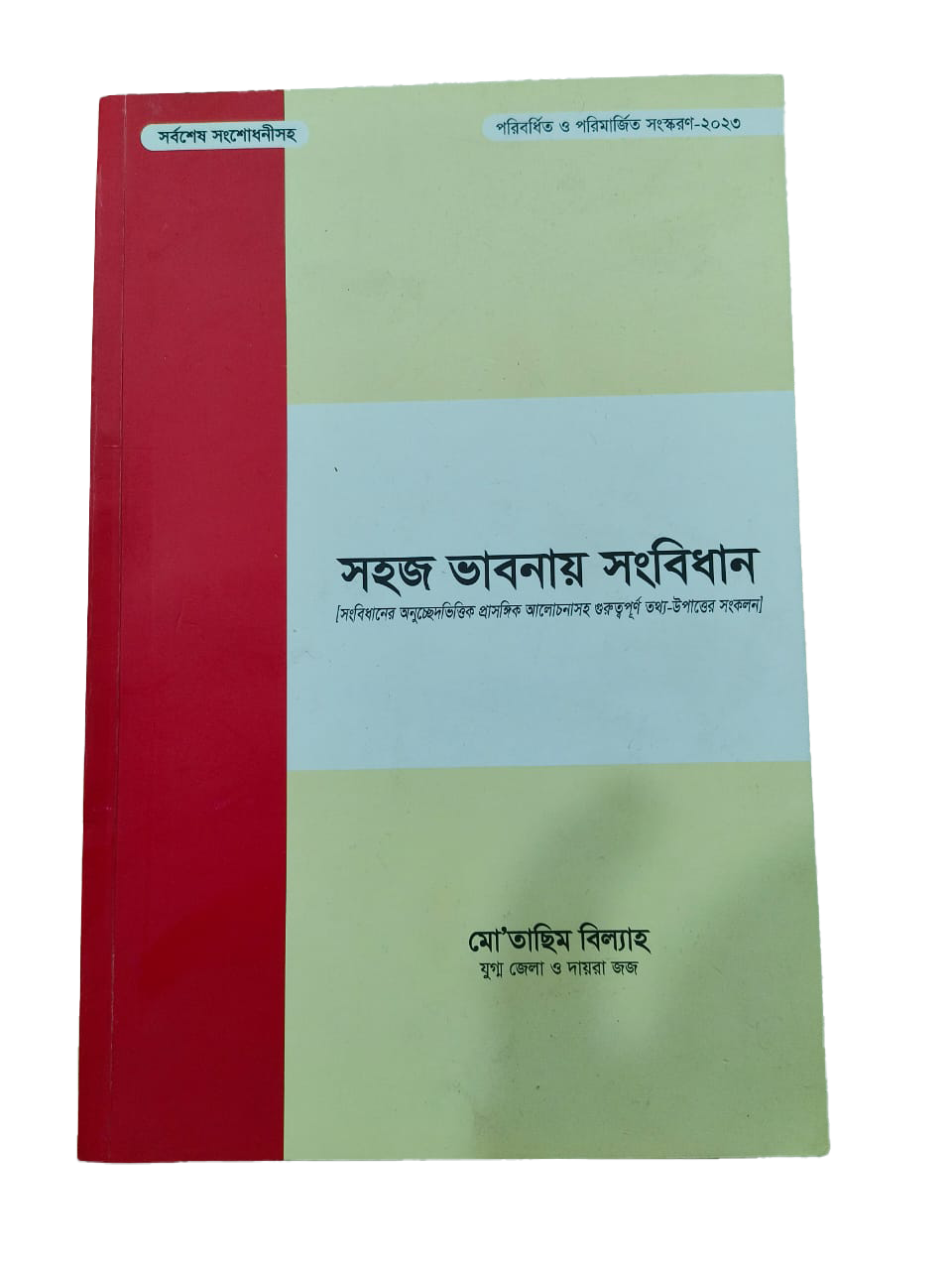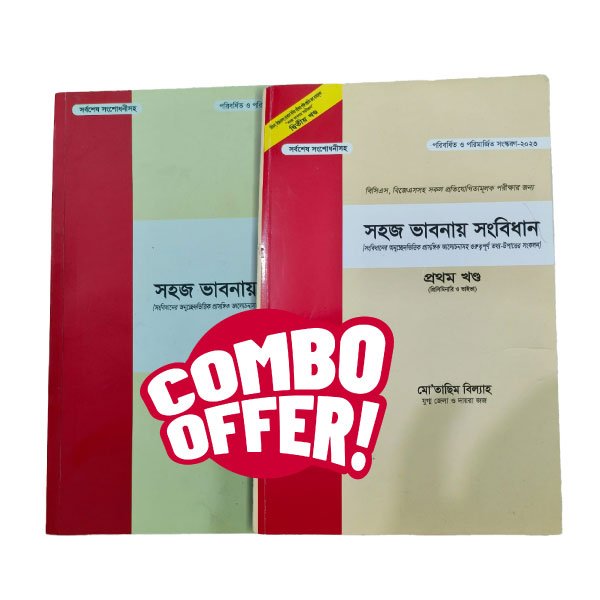Sohoj Vabnai Sonbidhan The Constitution, often regarded as the cornerstone of a nation's governance, lays down the fundamental principles, rights, and duties that guide its functioning. In this article, we delve into the first part of the Constitution, unraveling its significance and provisions.
Framing the Foundation
Historical Context: The Constitution of any country is not crafted in isolation but is a product of historical events, social movements, and political ideologies. Similarly, the first part of the Constitution sets the stage by providing insights into the historical background that shaped its formulation.
Preamble: The preamble serves as the introductory statement of the Constitution, outlining its objectives and aspirations. It encapsulates the essence of the document, emphasizing the ideals of justice, liberty, equality, and fraternity.
Key Components
Citizenship: Part 1 of the Constitution elucidates the provisions related to citizenship, defining who qualifies as a citizen of the country. It delineates the criteria for acquisition and termination of citizenship, laying the groundwork for the legal status of individuals within the nation.
Fundamental Rights: Perhaps the most celebrated aspect of the Constitution, fundamental rights ensure the protection of individual liberties and freedoms. Part 1 enumerates these rights, including the right to equality, freedom of speech and expression, right to life and personal liberty, and more.
Directive Principles of State Policy: Complementing fundamental rights are the directive principles of state policy, which provide guidelines for the government in policymaking and governance. Part 1 outlines these principles, encompassing social, economic, and political objectives aimed at achieving a just and equitable society.
Ensuring Accountability
Amendment Procedure: The Constitution is not static but evolves with the changing needs of society. Part 1 delineates the process for amending the Constitution, ensuring that any modifications are carried out through a structured and democratic mechanism.
Emergency Provisions: In times of crisis, the Constitution empowers the state with certain emergency provisions to maintain law and order. Part 1 outlines these provisions, striking a balance between safeguarding individual rights and preserving the integrity of the nation.
Conclusion
The first part of the Constitution serves as the bedrock of the nation's governance, embodying the ideals of democracy, justice, and equality. It reflects the collective aspirations of the people and lays the framework for a just and inclusive society.
As citizens, it is imperative to understand the provisions of the Constitution, as it not only defines our rights and duties but also serves as a bulwark against tyranny and injustice.
Unlock the essence of the Constitution's first part and embark on a journey to comprehend the principles that shape our nation's destiny.
 English
English Bangla
Bangla
 Grocery
Grocery Natural
Natural Organic
Organic Home & Lifestyle
Home & Lifestyle Book
Book



Customer review
Customer rating
out of 5